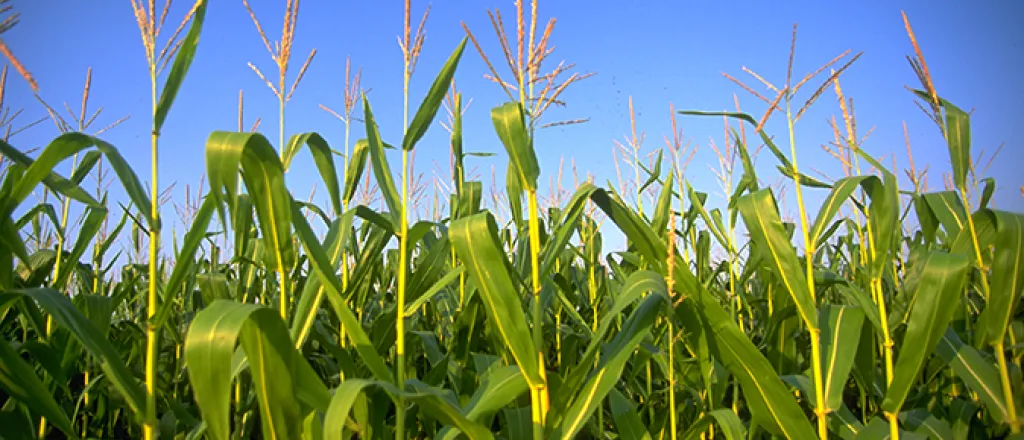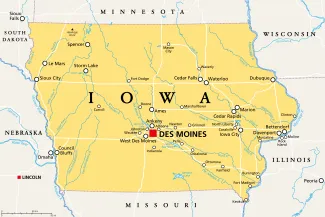
A high-tech approach to studying Iowa's future soil health
Click play to listen to this article.
(Iowa News Service) Farmers in Iowa are studying interactions between crops, water usage, carbon and nitrogen storage, and how those factors combine to affect longterm soil biodiversity. It's part of a seven-state project in the Midwest.
Researchers are looking at the effects of crop combinations on soil and moisture across the Corn Belt.
Iowa State University Agronomy Professor Sotirious Archontoulis is running one research site in the five-year, $16 million project.

He's monitoring how crop management, carbon and nitrogen content affect soil moisture - and will try to predict the impact on the viability of future crops.
"We have the same setup in many different environments to capture different organic matter, soil hydrology conditions," said Archontoulis, "so we get a better understanding of the complexities in the agronomic system."
Archontoulis said scientists can also study greenhouse gas emissions from the soil.
He said these ultimately affect its health and can have an impact on large ag operation waste runoff, which is known to pollute nearby ground and surface water. The research is gearing up now.
Based on the computer model's findings, Archontoulis said researchers can make recommendations to farmers based on - for example - how much nitrogen the soil is losing in certain places, and how they can adjust planting schedules as a result.
"We can say, 'This cropping system with this management practice typically loses that amount of nitrogen,'" said Archontoulis. "'However, the other combination of cropping system could reduce nitrogen loss and improve productivity by X percent, so this is a better strategy to move forward.'"
Archontoulis said the research begins across the Midwest this summer.
















